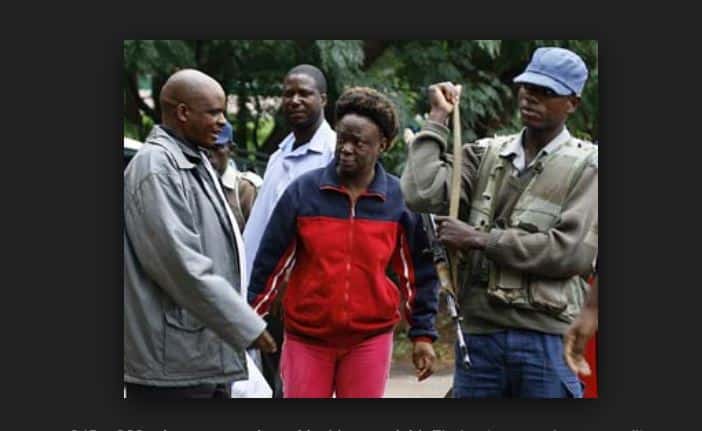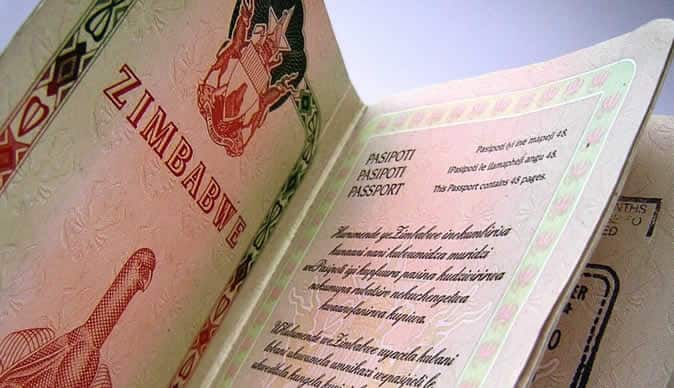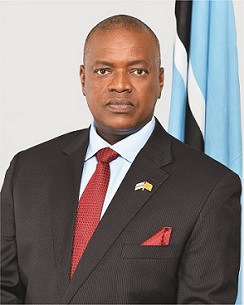ZwNews Chief Correspondent
The High Court of Zimbabwe has recently handed down judgement compelling the state to pay US$150 000 to pro-democracy campaigner, and Zimbabwe Peace Project director Jestina Mukoko.
The court ruled that the amount should be paid to the complainant on or before 31 October 2018.
On 3 December 2008, Mukoko was abducted by suspected state security agents, and her whereabouts remained unknown, for weeks, until 24 December 2008, when she was brought before a magistrate facing charges of allegedly planning acts of insurgence and banditry, meant to topple the then Robert Mugabe led government.
During her abduction, Mukoko was allegedly subjected to torture. She also stayed in prison for three months upon release from her abductors.
Because of the inhuman treatment she suffered at the hands of both the abductors and the state, in September 2009, the Supreme Court of Zimbabwe granted her permanent stay of prosecution due to gross violations of her fundamental rights.
It was a lengthy legal battle, with the state in 2017, trying to dodge responsibility saying the abductors should be held liable on individual capacities. But on 27 September 2018, the High Court ordered the state to pay her for the damages.
This ruling follows another recent one in which the police, and ministry of justice were ordered by the High Court to pay Gogo Chinyerere, a victim of state brutality.
The elderly Chinyerere was beaten up by police, at the Rotten Row Magistrate Courts, sometime in 2016, once again, the state tried in vain to dodge responsibility, but, the court maintained that the state had case to answer and on 1 October 2018, ruled in favour of the police brutality victim.
Meanwhile, a political commentator, Elder Mabhunu, praised the rulings, saying Emmerson Mnangagwa’s administration is in small steps proving to be different to his (mentor’s) Mugabe’s regime.
“This is a small step in the right direction, when state is forced to pay victims of its brutality, however, it remains to be seen if the state is going to comply by actually paying the victims.
“Our government has a history of disobeying court orders,” he says.
Mabhunu says he terms it a ‘small step’ because Mnangagwa just like Mugabe; seem to give small court victories away, to pretend that they respect court rulings while at a large scale they do not. He gave example of the recent electoral court case in which MDC-Alliance President Nelson Chamisa challenged Mnangagwa’s victory, amid reports that he blocked the former’s legal team from presenting their evidence to support their vote rigging allegations.
While Mnangagwa claimed the MDC-Alliance leader had no evidence, Chamisa says he had evidence, which was in possession of Noah Manyika and Elton Mangoma, but the two were blocked from presenting it before the court.
“Autocratic regimes are calculative, they manipulate and use the same law to oppress, and pretend to be keepers of rule of law by seemingly losing court cases they think not too significant to their iron fist rule,” adds Mabhunu.
He says though small, the judiciary should be commended and be urged to handle high level cases involving the state, with the same fairness and zeal.














